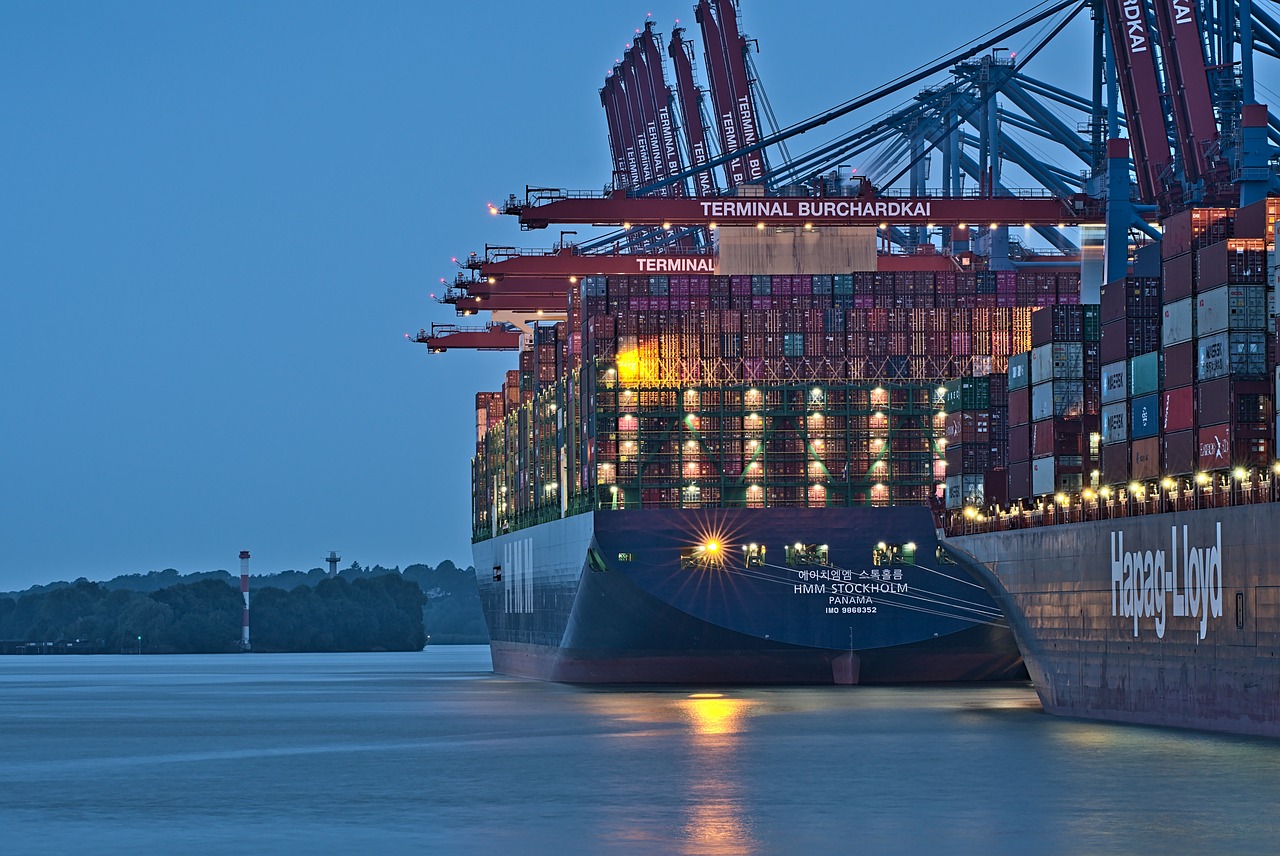
What special certifications are required for the export of medical plastics?
According to the latest international trade regulations for 2025, the export of medical plastic products requires special attention to three types of certifications:
- Basic production qualification:ISO13485Medical DevicesQuality Management System Certification
- Target Market Access Certification:
- U.S. FDA 510(k) or PMA certification
- EU CE-MDR Certification (the upgraded 2020 version remains valid)
- Registration with Japan's PMDA
- Additional Certification for Special Products: For example, medical devices in contact with the human body require a biocompatibility report (ISO 10993 standard).
How to Choose ReliableExport agentThe company?
A professional medical plastic agency company should possess the following characteristics:
- Possessing a Medical Device Business Filing Certificate
- Stay updated on major market regulation changes (such as the extended transition period for the EU MDR policy effective in 2024).
- Possesses qualifications and experience in medical cold chain transportation.
- Successful cases include export records of similar products.
- Provide comprehensive pre-review services for compliance documents.
What are the special requirements for transporting medical plastics?
Special attention should be paid to three key aspects:
- Packaging specifications: Aseptic products must be double-sealed, and temperature-sensitive products require real-time monitoring equipment.
- Transportation Method: Implantable devices are recommended for air transport, while conventional consumables can be shipped by sea but require moisture-proof treatment.
- Document preparation: The shipment must be accompanied by a sterilization certificate, material declaration, and transportation condition confirmation form.
What risks should be considered when exploring emerging markets?
Based on the 2025 market dynamics, it is recommended to focus on:
- Southeast Asian Markets: Indonesia and Vietnam are implementing a localization registration system for medical devices.
- The Middle East Market: The Saudi SFDA requires Arabic labels starting from 2024.
- The African Market: ECOWAS Introduces New Unified Registration System
How to HandleExport tax refundRegarding tariff issues?
Professional agencies should provide three core services:
- Accurate HS Code Classification (Medical plastic products involve multiple subcategories under tariff item 3926.90)
- Regional tariff preference programs (such as the tariff reduction arrangements for RCEP member states)
- Export tax refundFull-process management (current tax rebate rate of 13%, VAT special invoice required)
What details should be paid attention to when sending samples?
Frequently Asked Questions (FAQ) Solutions:
- Value Statement: Samples valued over $500 require formal procedures.customs clearance
- Sterilization treatment: Non-sterile samples must be clearly labeled "Not for clinical use".
- File matching: Attached are the summary page of the test report and the material safety certification.
How to Handle Quality Disputes in Overseas Markets?
It is recommended to establish a three-tier defense system:
- Prevention in advance: Request the agency to provide a technical regulation gap analysis for the target market.
- In - process control:Agree to engage a third-party institution for pre-shipment inspection.
- responded afterwards.: Purchase product liability insurance (minimum coverage recommended at USD 1 million).
Typical Case: In 2024, a Jiangsu-based enterprise exporting infusion sets to Brazil experienced customs clearance delays due to the agency's failure to promptly follow up on new ANVISA regulations. A professional agency could have notified the client six months in advance through a regulatory alert system to prepare updated test reports.


 Follow Customer Service WeChat
Follow Customer Service WeChat